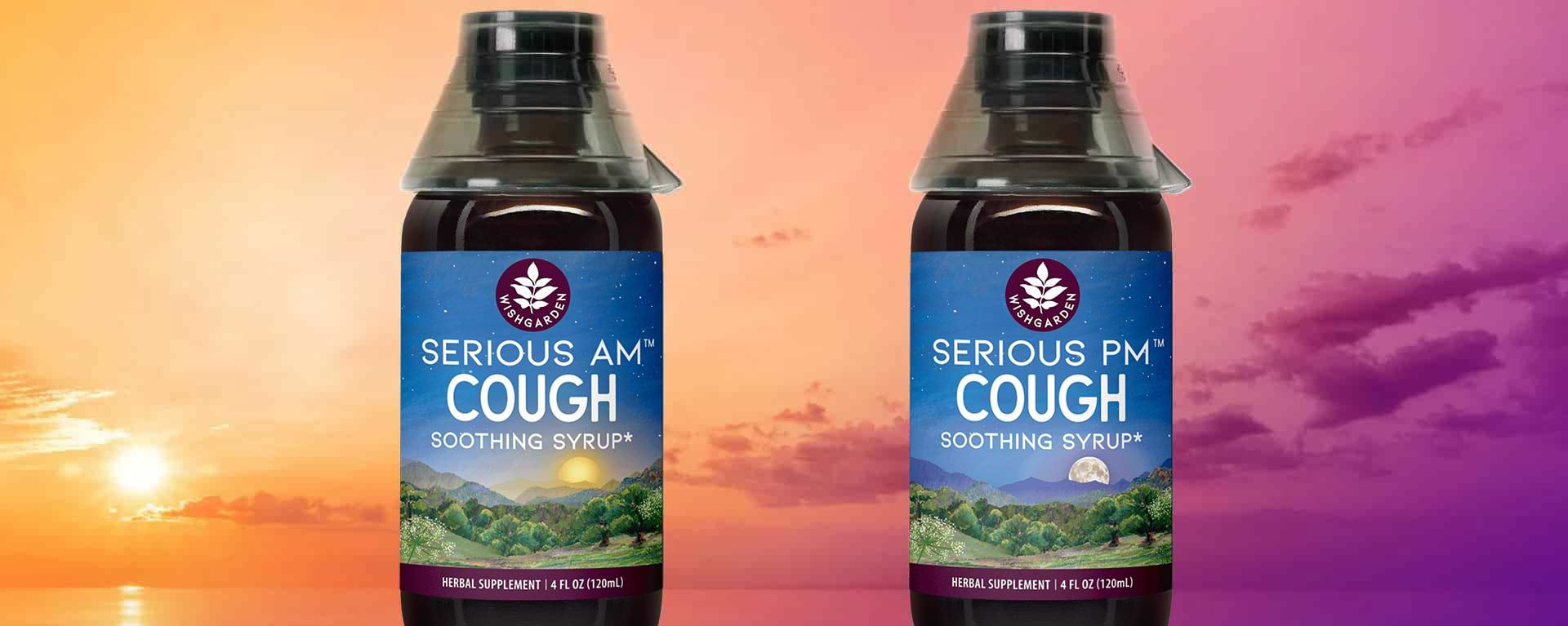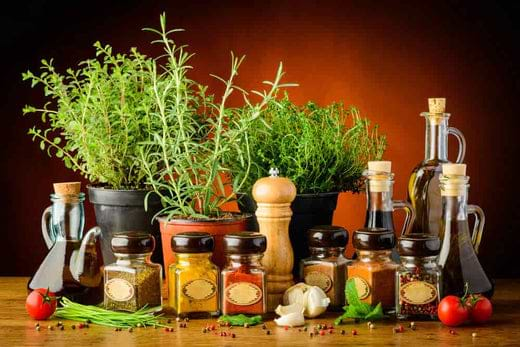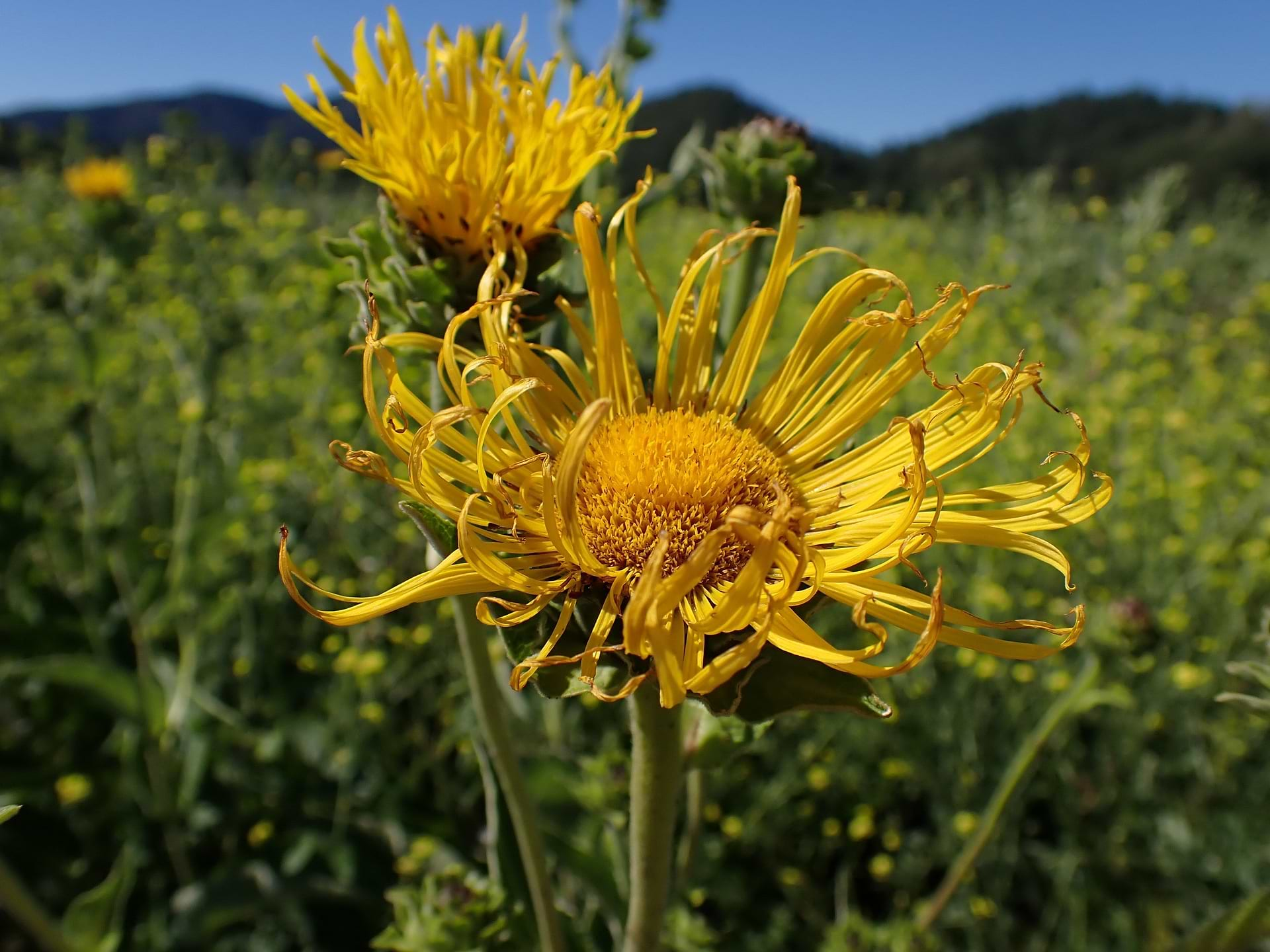Picture this: a golden root glowing with centuries of wisdom, whispering secrets of clearer lungs, soothed bellies, and fierce protection against unwanted invaders. Say hello to elecampane (Inula helenium), the herb that’s been healing legends and mere mortals alike.
With a deep-rooted history (literally, those roots run deep), elecampane is more than just a plant—it’s folklore in bloom. From Helen of Troy (yes, that Helen) to modern herbalists, this respiratory champion and digestive sidekick has earned its crown in apothecaries across the ages. Its secret? A potent cocktail of microbial balancing superpowers tucked into its aromatic roots.
And while its sunny flowers may cheer up a field, it’s what's underground that has a knack for turning cold-season sniffles into distant memories. Intrigued? Let’s unearth the story of elecampane—its history, benefits, and why this timeless remedy deserves a spot in your wellness arsenal.
Botanical Background
The Science and Looks
Elecampane (Inula helenium L.), a proud member of the Asteraceae family, is a perennial plant that’s hard to miss in the wild. Towering at heights of 6–8 feet, its large, fuzzy leaves create a striking contrast to its sunny yellow, daisy-like flowers. But the real magic lies underground—in its aromatic roots, which are rich in active compounds.
Proper authentication and handling of plant material are crucial for preparing extracts and ensuring the efficacy of traditional herbal remedies.
Native Habitat
Originally native to Europe and parts of Asia, elecampane has traveled across the globe. It thrives in moist, well-drained soils and loves sunny spots, making it a favorite among herbal growers in North America. This hardy plant is a testament to nature’s resilience, adapting to a variety of climates and conditions.
With its botanical charm and medicinal value, elecampane is more than just a pretty plant—it’s a botanical healer that demands attention.
Historical Use and Cultural Significance in Herbal Medicine
Elecampane has been celebrated for millennia as a healer of lungs and a protector of health. Ancient Greeks revered it, believing it sprang from Helen of Troy’s tears. Romans used it as a digestive aid, and medieval healers dubbed it "Elfwort," associating it with magic and healing.
In folklore, elecampane was believed to ward off evil spirits and enhance vitality. Its reputation as a “protector herb” made it a staple in both medicinal and spiritual practices. Additionally, elecampane has been used in traditional Chinese medicine, highlighting its historical significance across different cultures.
Notable Figures
Famed herbalists like Nicholas Culpeper praised the effects elecampane had in their writings, highlighting its ability to “clear phlegm and soothe coughing.” In Victorian times, it was even incorporated into candies, blending health benefits with sweet indulgence. The British Herbal Compendium also documents elecampane's therapeutic actions, further cementing its place in herbal medicine.
From legend to everyday remedy, elecampane has woven itself into the fabric of herbal traditions, proving its worth time and again.
Health Benefits and Medicinal Properties
Elecampane isn’t just a historical footnote—research suggests it’s backed by modern science and countless testimonials for its powerful effects. Here’s what makes it so special:
1. Respiratory Health and Relief
Elecampane’s ability to clear mucus and soothe irritated airways makes it a go-to remedy for respiratory conditions. Its star compounds, like inulin and alantolactone, act as expectorants and natural microbial balancers.
-
How it works: By loosening phlegm and promoting productive coughing, elecampane helps the body expel what doesn’t belong, giving your lungs a fresh start.
-
Who it’s for: Whether you’re battling air quality, chronic lung discomfort, or a lingering winter cold, elecampane has your back—and your lungs!
Breathing easy has never felt so natural!
2. Gut Health and Digestion
Ever heard of prebiotics? Inulin, a soluble fiber found in elecampane, is one of them. It feeds the beneficial bacteria in your gut, supporting overall digestive health. Elecampane is often consumed as a dietary supplement for gastrointestinal issues, leveraging its traditional medicinal applications.
-
Why it matters: A happy gut often leads to a happy immune system and better overall health.
-
Additional perks: Elecampane has been used to calm bloating, gas, and mild stomach discomfort for centuries.
Your digestive system will thank you!
3. Microbial Balancing Powers
Scientific research highlights elecampane’s essential oils for their microbial health properties. The plant compounds in elecampane, including various natural extracts, have shown significant support in ridding the body of unwanted invaders. Additionally, elecampane contains sesquiterpene lactone, known for its health benefits such as soothing inflammation and soothing lung and respiratory complaints.
-
Applications: From fighting off colds to soothing pesky coughs, this herb helps keep unwanted microbes in check.
Let elecampane be your herbal shield.
4. Soothing Skin Support
Historically, elecampane was used as a topical poultice for minor cuts and skin irritations. Its powerful plant properties help speed up the healing process. In traditional medicine, elecampane was also utilized for various skin ailments, showcasing its long-standing application despite the lack of modern clinical studies.
This herb truly works from the inside out!
Synergistic Herb Combinations
Elecampane is a team player, enhancing its benefits when paired with other herbs. In traditional Chinese medicine, traditional use of elecampane has been historically significant for its synergistic effects when combined with other herbs.
-
Mullein: Together, they create a soothing blend for inflamed lungs and irritated airways.
-
Thyme: Adds another layer of microbial health.
-
Licorice Root: Provides a protective coating for sensitive throat tissues.
Blending these herbs amplifies their effects, making your herbal remedies even more powerful.
Safety and Precautions
While elecampane is generally safe, here’s what to keep in mind:
-
Allergies: Avoid if you’re sensitive to plants in the Asteraceae family.
-
Pregnancy & Nursing: Consult a healthcare provider before use.
-
Side Effects: Overconsumption may lead to stomach upset—moderation is key!
-
Sedative Medications: Interactions with sedative medications like Klonopin, Ativan, and Ambien can increase drowsiness. Always consult a healthcare provider about these interactions.
As with any herbal remedy, safety first!
How to Use Elecampane Root
From teas to tinctures, elecampane offers a range of versatile options to suit every lifestyle.
Preparation Methods
-
Tea: Simmer dried elecampane root for a rich, soothing tea perfect for respiratory and digestive support.
-
Tincture: Need something quick and effective? Liquid tinctures offer rapid relief.
-
Capsules: For on-the-go convenience, elecampane is available in powdered form too.
The Power of Liquid Herbal Extracts
Why choose liquid herbal extracts over other forms? These concentrated tinctures offer several advantages that make them a superior choice for herbal supplementation:
-
Fast-Acting Benefits: Liquid extracts bypass the digestive process required for breaking down pills or capsules, allowing for quick absorption directly into your bloodstream.
-
Superior Absorption: Your body can absorb liquid herbs more efficiently than solid forms, making more of the beneficial compounds available for use.
-
Easy to Customize: Liquid extracts are simple to adjust for your needs.
-
Long Shelf Life: When properly stored, liquid herbal extracts maintain their potency for extended periods.
[[ recipeID=recipe-2m66w6nzz, title=Recipe: Elecampane Honey Syrup ]]
WishGarden Products Featuring Elecampane

WishGarden’s respiratory support tinctures feature elecampane as a key ingredient, combined with complementary herbs for fast, effective relief. Crafted with organic, sustainably sourced ingredients, these tinctures are perfect for when life’s got you down and out.
Meet the formulas:
-
Deep Lung- Detoxes the lungs and supports open airways
-
Get Over It! - Dislodges stuck mucus helping you feel better faster
-
Respiratory Strength - Supports strong and healthy lung function
-
Serious Cough - Soothes a nagging cough
-
Serious AM Cough Syrup - A delicious lung supportive syrup
-
Serious PM Cough Syrup - Nighttime syrup to soothe cough and support sleep
Embrace the Power of Elecampane
Elecampane is the herbal ally you never knew you needed. Whether you’re battling a cold, seeking better digestion, or simply looking to boost your overall wellness, this ancient remedy offers modern-day solutions. Research suggests that elecampane has potential health benefits, such as free radical scavenging support to protect from oxidative stress, soothing support for the inflammatory response, and microbial balancing properties. Let WishGarden help you embrace this respiratory hero and own your health with the power of herbs.
Herbalist Q&A: Elecampane
What are the spiritual benefits of elecampane?
In traditional folklore, elecampane, often called “Elfwort,” was believed to connect individuals with the spirit realm, providing protection against negativity and enhancing intuition. In traditional medicine, elecampane has been used not only for its physical healing properties but also for its spiritual benefits. Its uplifting, aromatic properties are thought to promote clarity, emotional balance, and grounding, making it a favorite in spiritual rituals for centering and meditation.
Is elecampane a diuretic?
Yes, elecampane exhibits mild diuretic properties, meaning it may help promote urination and support kidney health. The plant compounds in elecampane are responsible for these diuretic effects. This can be beneficial for flushing out toxins, but it’s important to stay hydrated and use the herb in moderation.
What does elecampane taste like?
Elecampane has a distinctive, earthy flavor with a mildly bitter and spicy profile. Some describe it as slightly reminiscent of licorice or ginger, with a warming quality. Its taste is robust and pairs well with honey or other sweeteners when brewed as tea. As an herbal supplement, elecampane is known for its microbial balancing properties, and it has been traditionally used in both Traditional Chinese Medicine and folk remedies.
Rebecca Younger is passionate about herbs and women's health. She aspires to plant seeds of inspiration within her community about plant medicine and healthier ways of life. She studied Herbal Medicine at Herbalism Roots in Denver and is a certified Doula through the Matrona Foundation. She is the Brand Communications Specialist at WishGarden Herbs.
For educational purposes only. This information has not been evaluated by the Food and Drug Administration. This information is not intended to diagnose, treat, cure, or prevent any disease, or to sell any product.
Recommended Products
Further Reading













